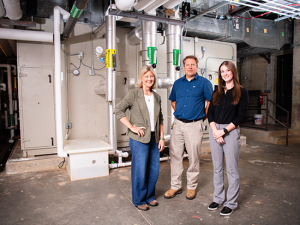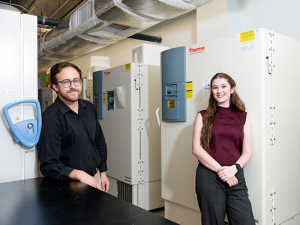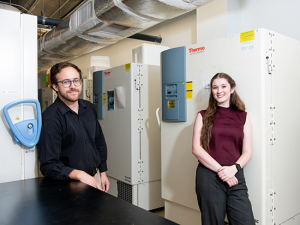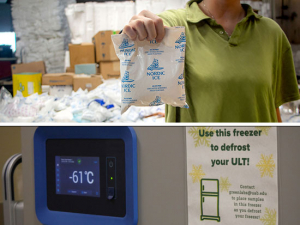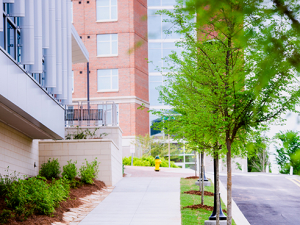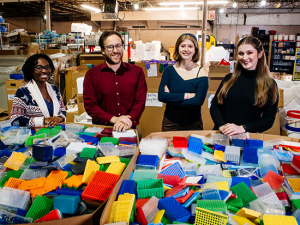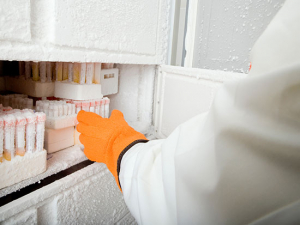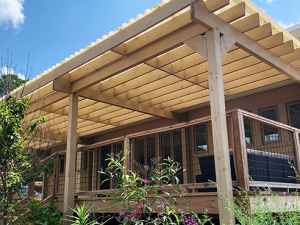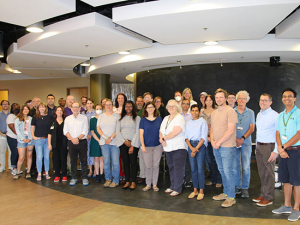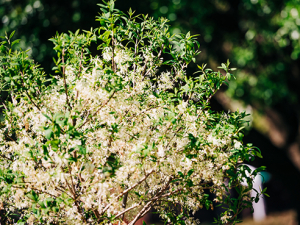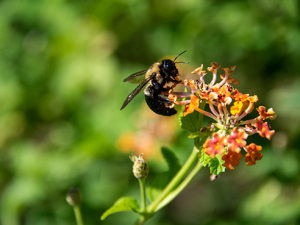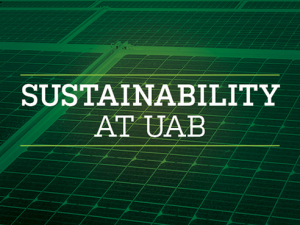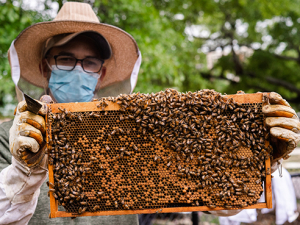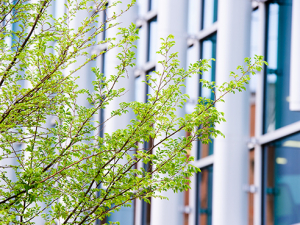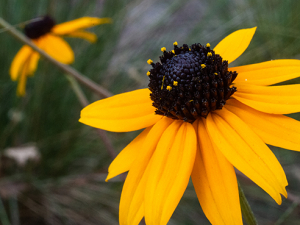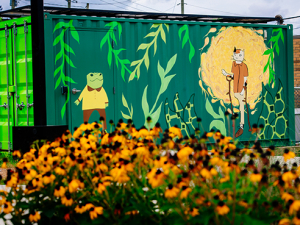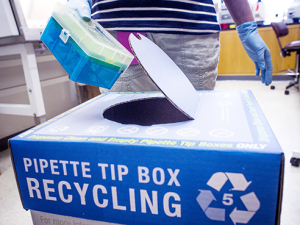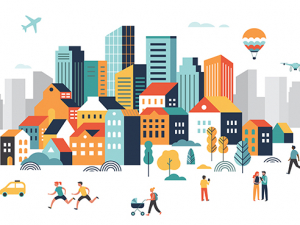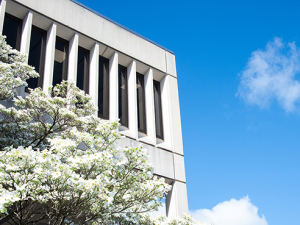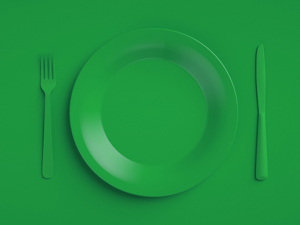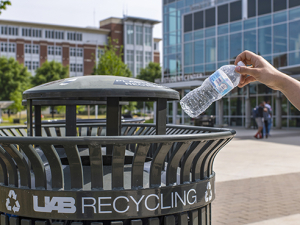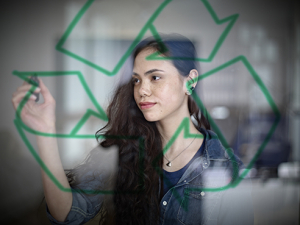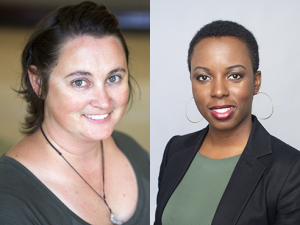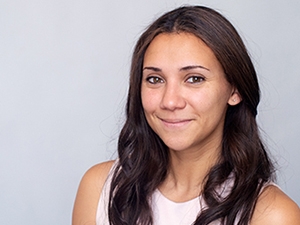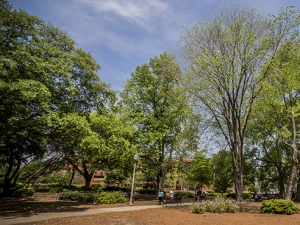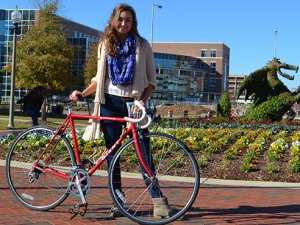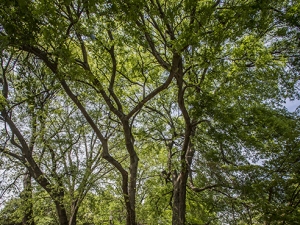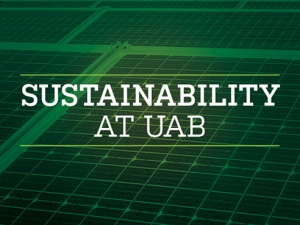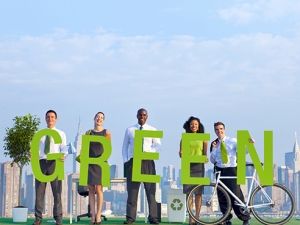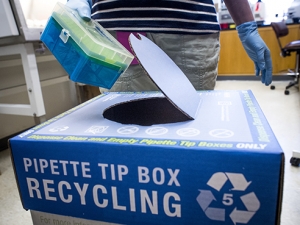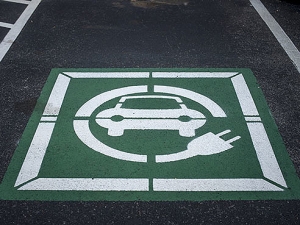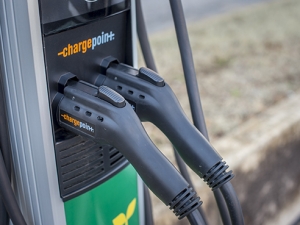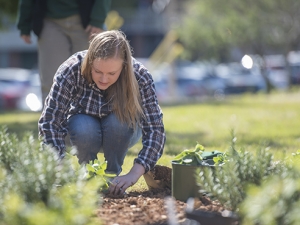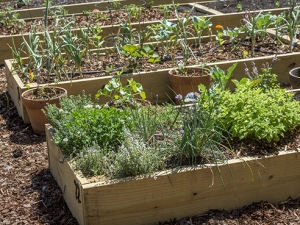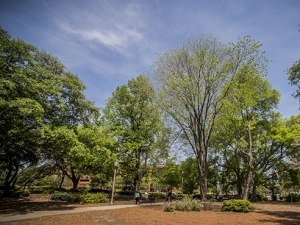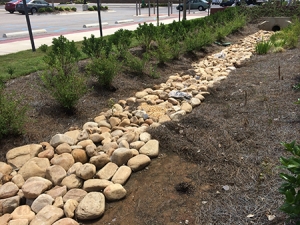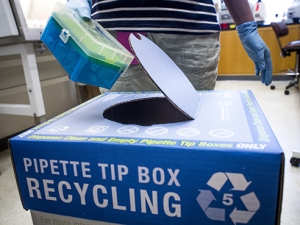
Matt Windsor
| This email address is being protected from spambots. You need JavaScript enabled to view it.Researchers in the School of Public Health illustrate how tweets labeling the novel coronavirus as the “Chinese virus” exploded across the United States.
Crenshaw to lead UAB compliance, risk efforts
Trial to rapidly identify and treat the immune overreaction that may be behind some cases of severe COVID-19 is made possible through UAB Medicine’s Urgent COVID-19 Clinical Research and Laboratory Research Fund.
Coronavirus antibody testing now is available at UAB. Here’s what that means — and what it doesn’t.
Antibody testing can reveal if a person has been exposed to the novel coronavirus in the past. More research needs to be done before we know if that means they are “protected” from COVID-19.
With little more than a smartphone and his rock collection, Scott Brande, Ph.D., has captured the attention of geology educators worldwide. A new NSF grant is allowing him to expand — and explore what happens when hands-on instruction goes online.
Educating new primary care physicians about effective treatments for opioid use disorder in partnership with Cahaba Medical Care.
Is U-BRITE 2.0 right for you?
Just in time to tackle COVID-19, the Informatics Institute launches a bigger, more capable version of its team-science data platform.
Putting people first: the latest on re-opening campus, confronting budget challenges and more
In a virtual town hall meeting, President Ray Watts and other university leaders shared their pride in how UAB faculty and staff have responded to COVID-19, offered frank answers on re-opening campus, budget shortfalls and other topics of common concern, and shared practical guidance on how every member of the UAB community can play a part in moving forward.
In one of America’s rare undergraduate immunology programs, students are ‘preparing for the next pandemic’
Talking cutting-edge science and family questions with the first members of UAB's Undergraduate Immunology Program.
Growing heart cells in a lab — one beat at a time
Lab-grown human heart tissue could mean better drug tests, faster transplants and more accurate models of disease. To get there, Palaniappan Sethu, Ph.D., is stretching ingenuity.










